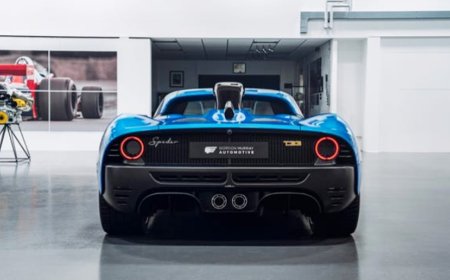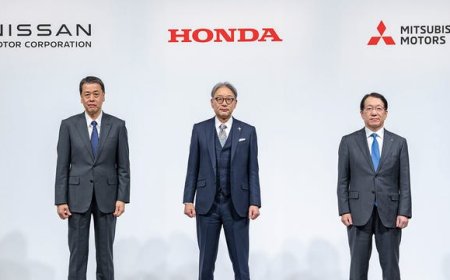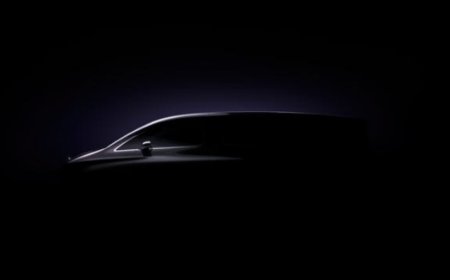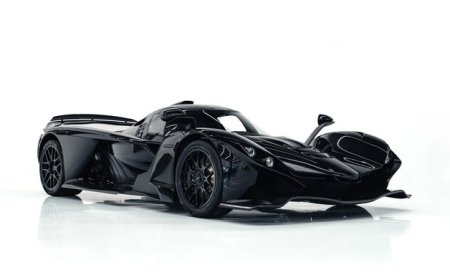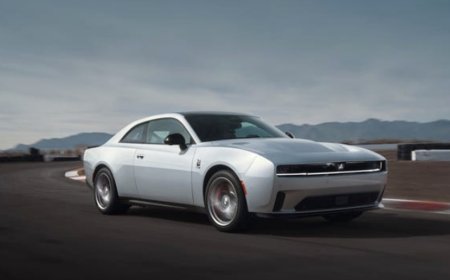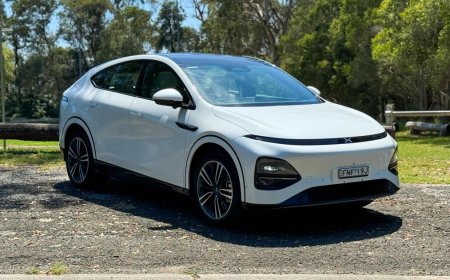The world has mixed views on Tesla
Tesla has been at the top of the electric vehicle segment for a while now, but its influence could be waning as a result of politics and competition.
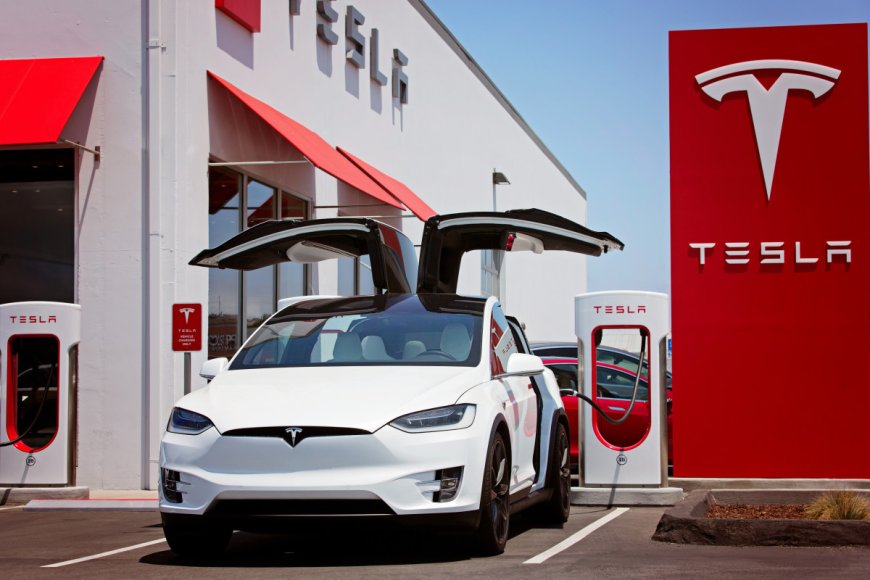
Tesla has been the leader in electric vehicles for a while now, but with more automakers entering the segment, consumers have other options to consider. While increased competition could be the reason Tesla saw a slide in domestic sales, it may not tell the whole story. CEO Elon Musk’s political stances and involvement have created a mixed bag of views toward Tesla. Tesla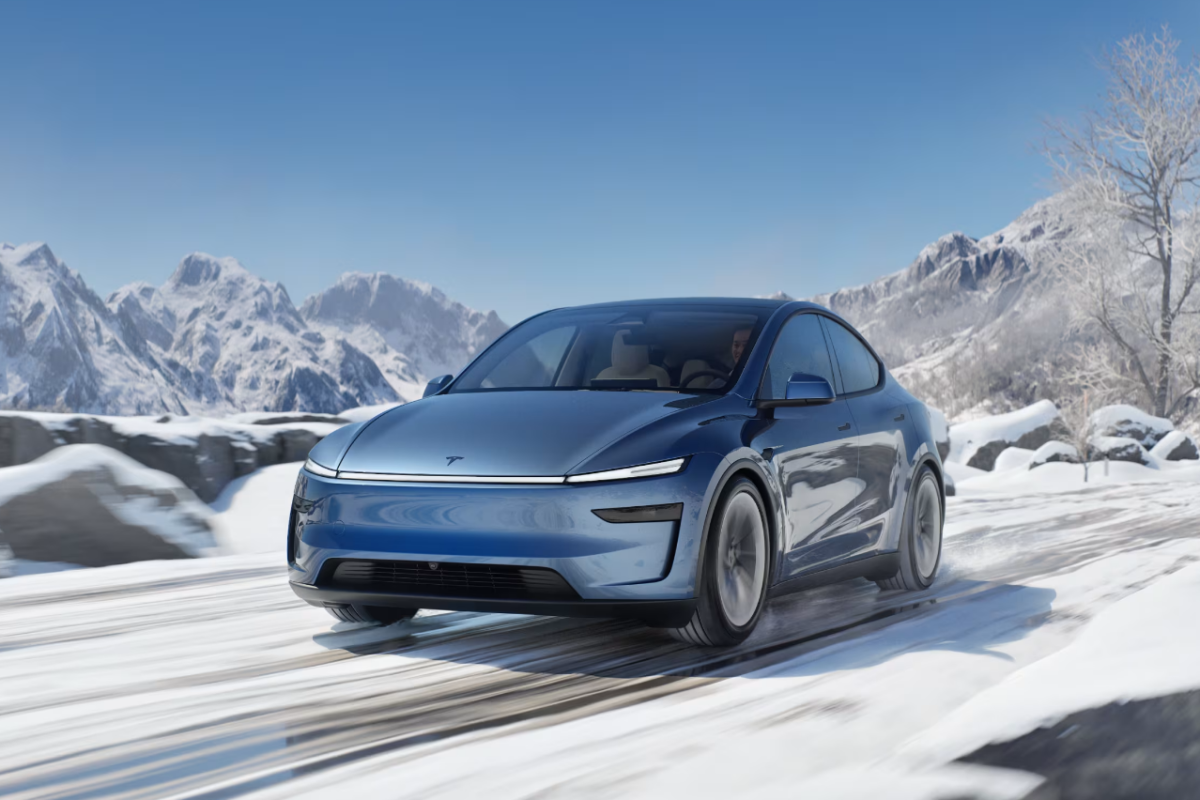
Related: Tesla's self-driving components are failing, and owners are mad
The United States’ view on Tesla is…complicated.
Tesla calls the United States home, but over the past year, consumer sentiment has grown a bit more complex, given Musk’s involvement in politics. Regardless of political affiliation, however, it appears those serious about purchasing a Tesla will do so anyway.
According to one estimate, Tesla’s sales in its home country have faltered despite adding a new vehicle to its lineup, the ever-infamous Cybertruck, and offering a long list of incentives. Tesla isn’t exactly forthcoming with detailed data like sales by models or regions, so third-party data and analysis are what we have to rely on.
Tesla’s sales changed in 2024 as follows:
• Down by 34,475 units (-5.2%) in the US
• Down by 38,477 units (-10.5%) in Europe
• Up by 48,597 units (+8.0%) in China
The increase in China didn’t fully offset the losses but helped reduce the overall decline. I expect that 2025… pic.twitter.com/vkHHuoqnIN— Troy Teslike (@TroyTeslike) January 6, 2025
One analyst on X, formerly Twitter, who has proven fairly accurate in the past, recently posted his estimates of Tesla's worldwide sales. In his charts, Tesla sales in the United States fell around five percent in 2024 compared to the previous year. The primary cause could be the result of Musk’s involvement in politics.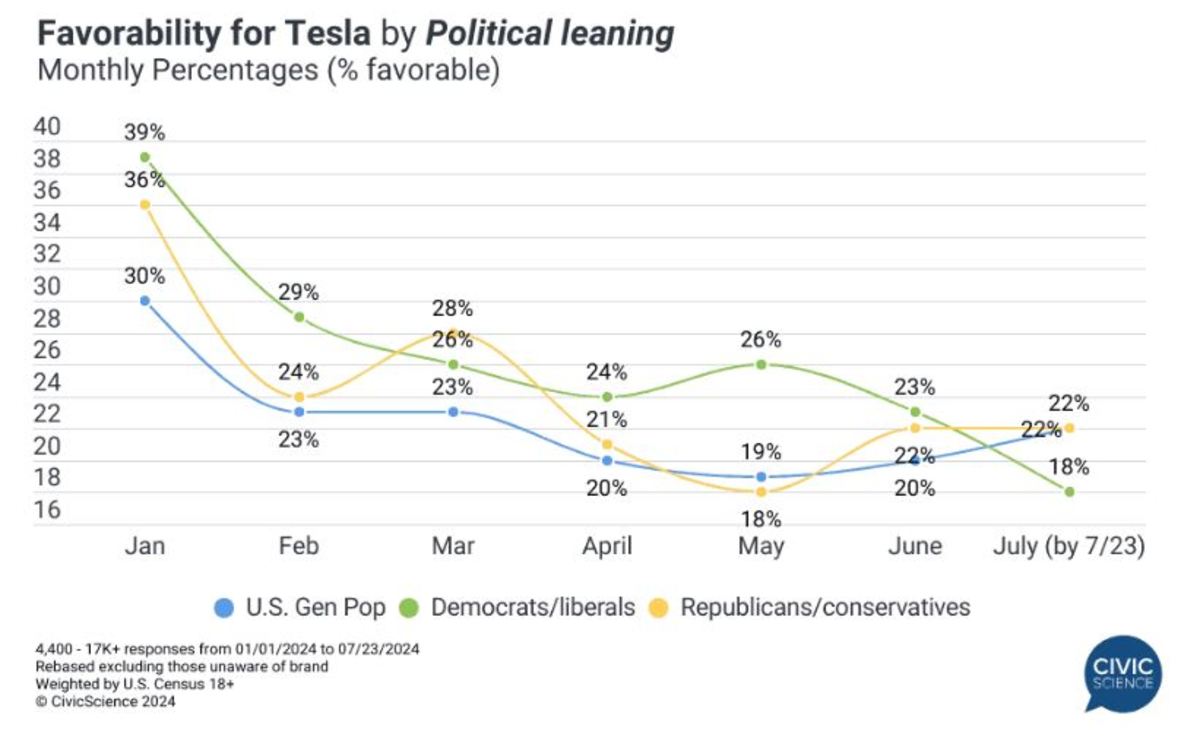
CivicScience’s July data showed that Tesla's favorability by political leaning was complicated in the first six months of 2024. Conservatives favored Tesla more in June and July while left-leaning voters favored it less.
Musk’s political stances and Tesla’s sales could simply be correlation, not causation, though. There are other factors at play, such as many Americans holding off on larger purchases due to the state of the economy and increased competition in the EV segment.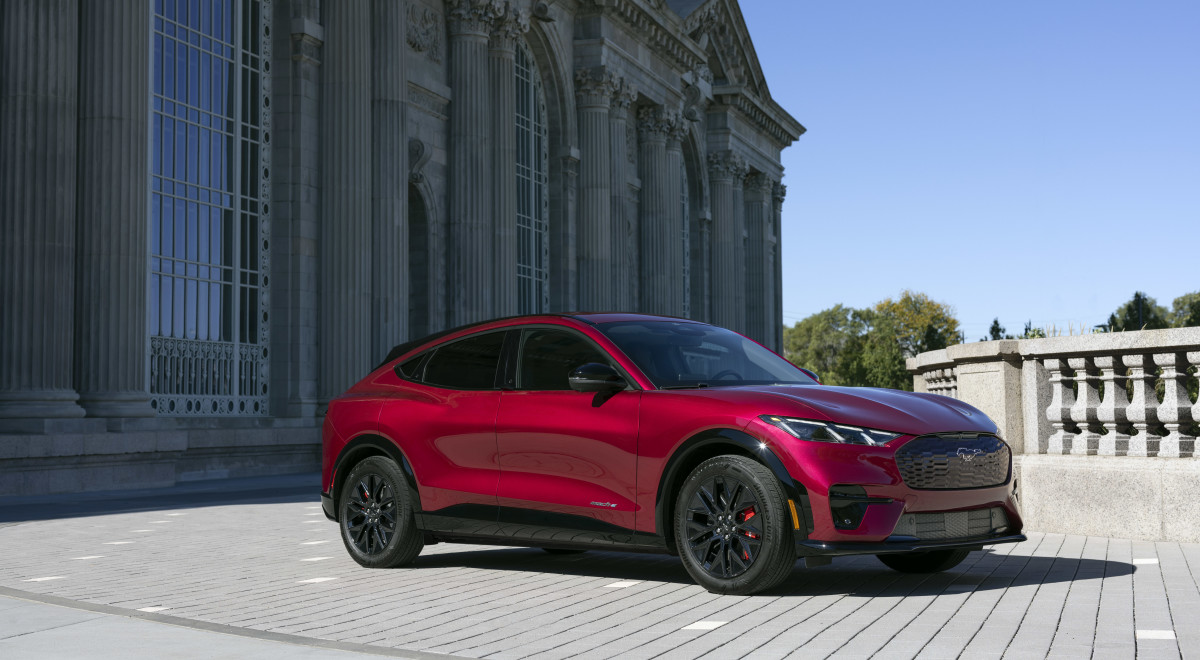
The Trump administration also plans to eliminate the $7,500 EV tax credit, making the future of EVs even rockier. Musk notably supports getting rid of the credit, but whether that will help or hurt Tesla in the long run is anyone’s guess.
Related: The EV shakeout has begun: These brands are winning, and these are losing
Europe has mixed feelings on Tesla
Europe also appears to have mixed feelings for Tesla, with the EV manufacturer’s sales on the continent expected to drop by roughly 10% year-over-year. The reasoning there extends past just simple competition though.
In December, Norway’s largest private-sector labor union planned to block Tesla vehicles meant for the Swedish market in an act of solidarity. Swedish dockworkers also refused to unload Tesla cars arriving by ship, and other groups, including electricians, refused to provide their services to Tesla. In all, Norwegian, Danish, and Swedish unions are refusing to work with Tesla over the right to collective bargaining. Zac Palmer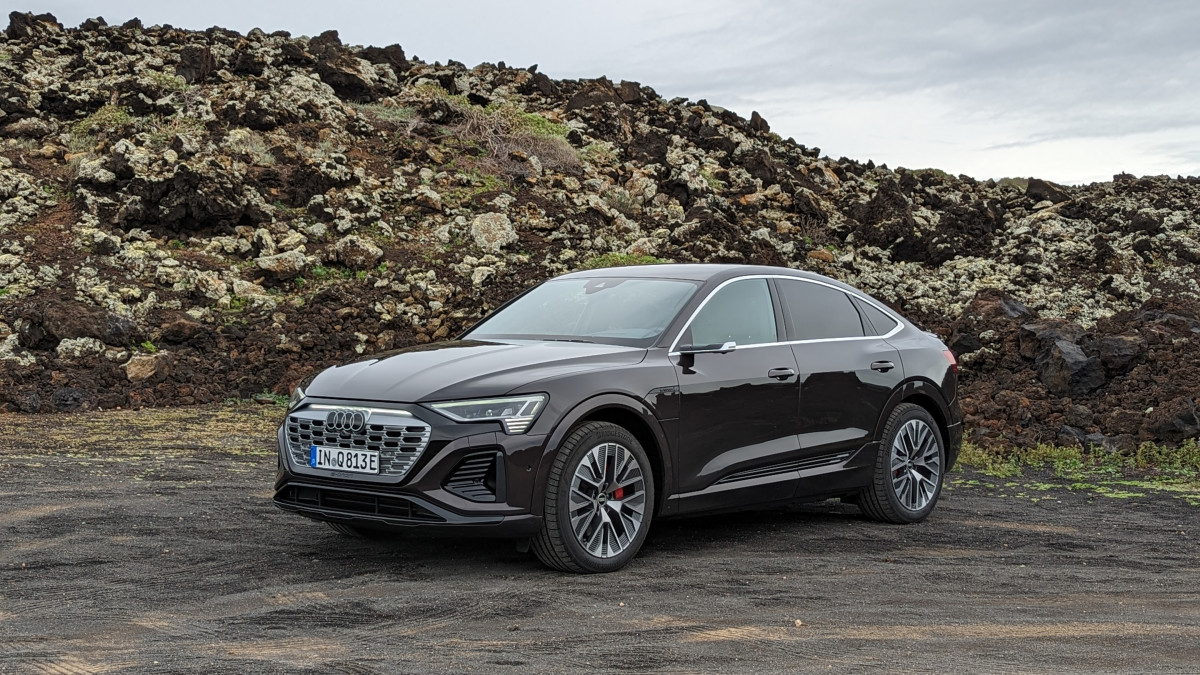
At the same time, however, Tesla topped Audi in global car sales for the first time. Audi posted 1.67 million vehicles sold in 2024, down 12% from the previous year. Meanwhile, Tesla sold 1.79 million vehicles in 2024.
Audi sales fell in its home country of Germany, China, and North America. As a result, Audi plans to close their Brussels production facility due to poor demand for the Audi Q8 e-tron SUV.
Related: Tesla shifts Cybertruck workers amid slowing demand
China is supportive of Tesla’s development
While Tesla saw year-over-year sales fall in the United States and Europe, the exact opposite is true in China. Notably, however, the American automaker didn’t see enough of an increase to offset losses in other major regions. Tesla’s China sales jumped 8.8%, with more than 657,000 vehicles sold in 2024.
Even with that jump, Tesla still lost market share to new-energy-vehicle (NEV) manufacturers, dropping from 7.8% in 2023 to just 6% in 2024. Despite their struggle to keep up with Chinese rivals, Chinese President Xi Jinping wants to see Tesla’s development in China continue, according to a post on Weibo.
NEV automakers like BYD and Xiaomi are challenging Tesla on their home turf. Both manufacturers saw their sales increase in 2024, with Xiaomi more than doubling its initial sales goal for the year. Tesla narrowly held its lead over BYD as the world’s top seller of all-electric vehicles in 2024.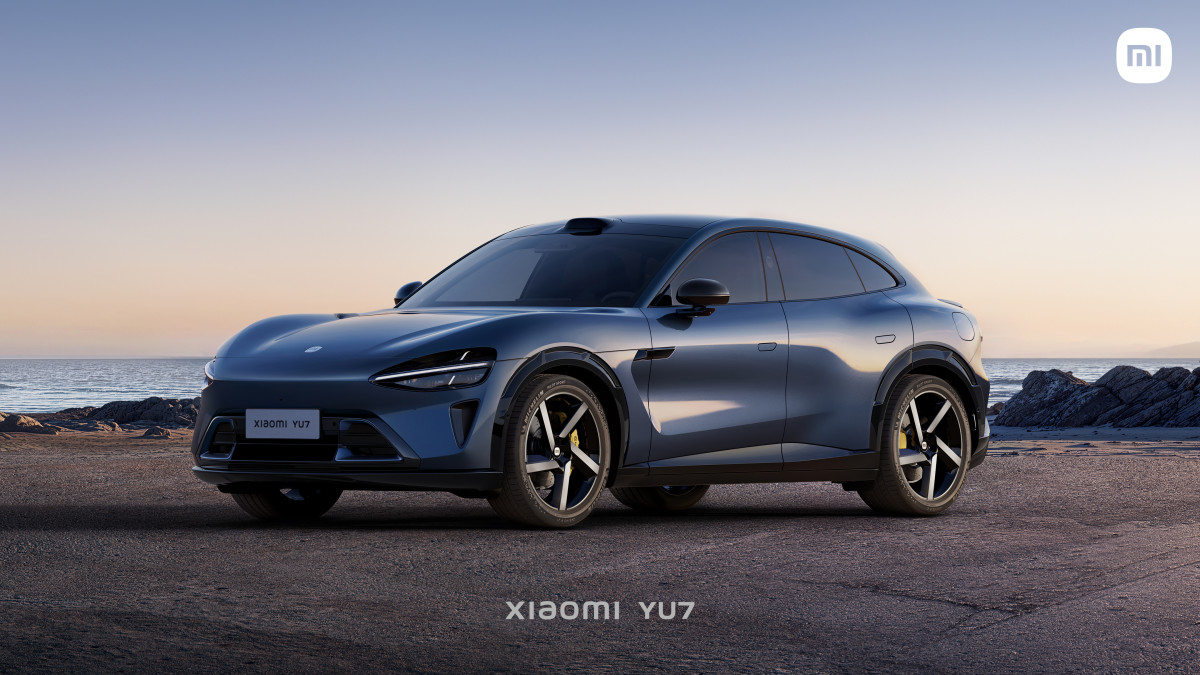
Final thoughts
Tesla had a rocky 2024, but don’t count them out just yet. Even with Musk’s political stances and involvement both at home and overseas, Tesla could make a comeback with refreshed models. The American automaker recently unveiled the updated Model Y Juniper in China not long ago and rumor has it a Model Q hatchback is expected to arrive in 2025 as well. Will Tesla manage to keep its lead in 2025?
